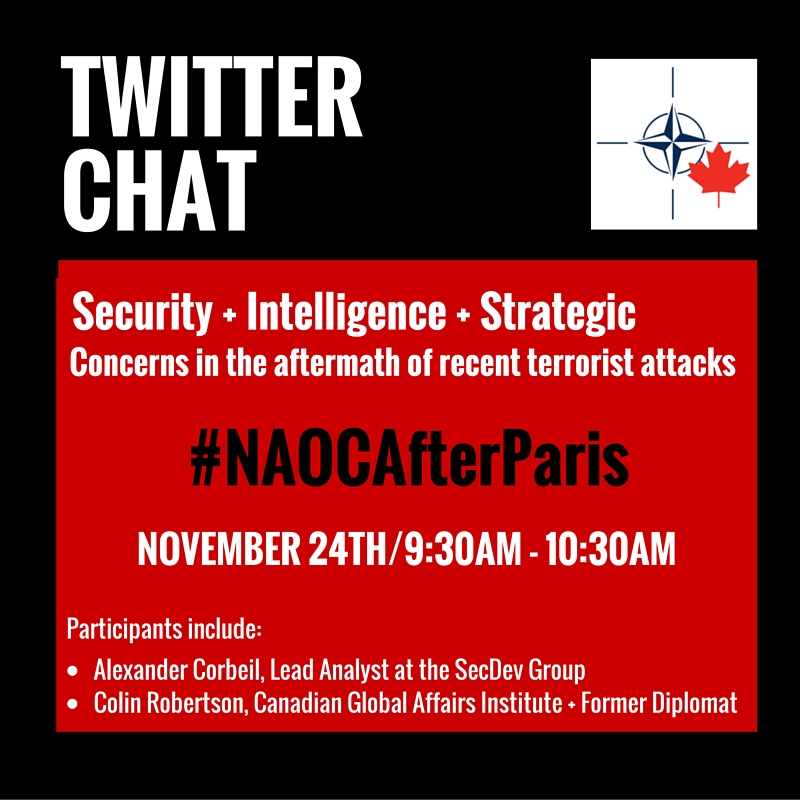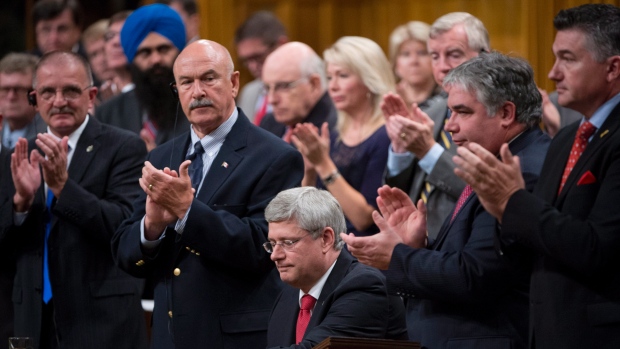While Carl Von Clausewitz and Sun Tzu may be considered the historical forefathers of the study of civil-military relations, Samuel Huntington can be considered the modern father. The Soldier and the State, Huntington’sseminal text in the field, discusses the equilibrium between the ‘authority, influence and ideologies’ of the military and nonmilitary groups.
Huntington advocates for objective civilian control of the military, which is the maximization of military professionalism, and the minimization of political power held by the military. Professionalization occurs when the military willingly submits to the authority of the civilian population, but retains the expertise in matters such as the application of force and other elements of strategy. Conversely, civilian leaders retain expertise over foreign policy, diplomacy, etc.
In 2000, civil-military relations discourse in the United Kingdom (UK) began to center around the existence and expansion of a cultural gap between the military and civil society. In an attempt to combat the expansion of this gap, the British military published the document Soldiering: The Military Covenant.
One interpretation of the Covenant’s meaning is that military effectiveness is maintained, regardless of the changes that may be seen in society. PhD Researcher Will Palmer, for example, uses the Blair government’s commitment to a new Human Rights Act to highlight military officials’ concerns that the importance of values like collectivism and sacrifice would lessen in favour of individualism, thereby adversely affecting military effectiveness. The Covenant, then, protects the ‘unique nature of soldiering,’ which is characterized by ‘unlimited liability,’ the principle wherein individuals are willingly prepared to sacrifice their lives in pursuit of what political officials designate as the national interest.
Another interpretation of the Covenant frames strained British civil-military relations as a primarily moral concern. Helen McCartney views the Covenant and the relationship as a moral contract where each party’s expectations of the other are only partially fulfilled. Civil society has two expectations for the military: the proper application of force, and the assurance of individual rights for military personnel. Despite the military’s best efforts to, for example, minimize civilian casualties and reduce instances of human rights violations among military personnel, neither is perfectly ensured.
Conversely, the military expects civil society’s support. This expectation is not always fulfilled, however, as is demonstrated by the undermined support for the Iraq and Afghanistan campaigns. This undermining, McCartney thinks, is borne of the fact that in the age of individualism, military personnel are not viewed as they should be; merely following orders by willingly submitting to the authority of the public through its elected officials. This misunderstanding results in a politicization of the public towards the activities of the military, and a sort of alienation therein.
Whichever, if either, of these interpretations is more correct, there is an argument to be made for lessening the cultural gap between civil society and the military. This argument can be on a number of grounds, including morality, utilitarianism, and economic well-being.
In Canada, a cultural gap between civil society and the Canadian Armed Forces (CAF) undoubtedly exists. The Department of National Defence’s budget habitually lapses, an unwillingness to increase the budget exists, and foreign military involvement is often viewed negatively. Given this, and the fact that CAF and military effectiveness play a vital role in national and international security, it may be worthwhile to consider whether Canada may benefit from the CAF developing a Covenant like that of the UK.
While this is a superficially excellent idea, Canada suffers from the particularly wicked affliction of an inadequate defence procurement process. It results in the habitual underspending of defence budgets, wasted assets, protracted timelines, an ill-equipped military that surely cannot be as effective as is required, and public dissatisfaction with the CAF’s activity.
According to Kim Nossal, the ‘distal causes’ of the inadequate process (outlined in Charlie Foxtrot) are: the ‘security imaginary’ of Canadians; a permissive environment within which poor defence management can flourish; and Cabinet Ministers’ unrealistic goals and policies that are often disconnected from reality. Nossal’s ‘security imaginary’ refers to the outdated Canadian public opinion of defence policy that hinges on Canada’s perceived role as an international peacekeeper, and the country’s supposed geographic safety from territorial attack. This public opinion has, according to Nossal, resulted in the judgement that, save for in ‘times of systemic war’, Canadians are not overly willing to deem a conflict worthy of engagement, and, therefore, worthy of considerable ‘blood and treasure.’ Because of this, an environment is created wherein even the most substandard management of defence budgets and policy is permissible such that politicians are not punished for it at the polls.
In describing these ‘distal causes’, Nossal seems to describe a disconnect between civil society (including its political and bureaucratic officials) and the military. He recommends that principal actors in the process (Cabinet Ministers) become more realistic in shaping defence budgets and policy in view of Canada’s role as an ‘easy rider’, and identify Canada’s ‘force structure’ to generate more bipartisan defence white papers.
While the onus could begin with the principal actors, as Nossal suggests, CAF may also consider preparing a Covenant-esque white paper/document to help Cabinet Ministers become more informed about the military’s requirements to maintain effectiveness. Doing so could benefit CAF’s military effectiveness, and be a step towards fixing the procurement process, whilst maintaining its respective expertise and minimum political power pursuant to objective civilian control.
Featured Image: Members of the Naval Tactical Operations Group climb aboard HMCS Halifax as they conduct training drills during Operation REASSURANCE on August 1, 2019, by Corporal Braden Trudeau, Formation Imaging Services, Canadian Forces Combat Camera.
Disclaimer: Any views or opinions expressed in articles are solely those of the authors and do not necessarily represent the views of the NATO Association of Canada.




